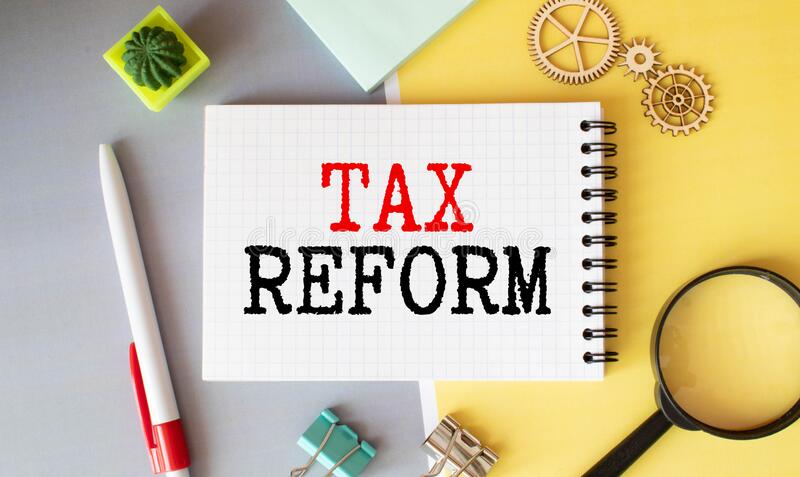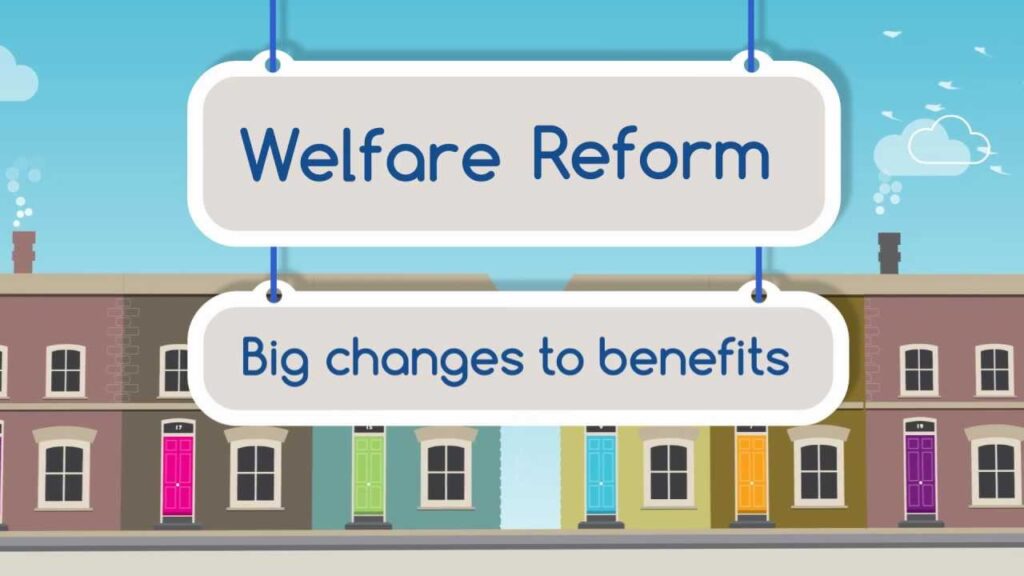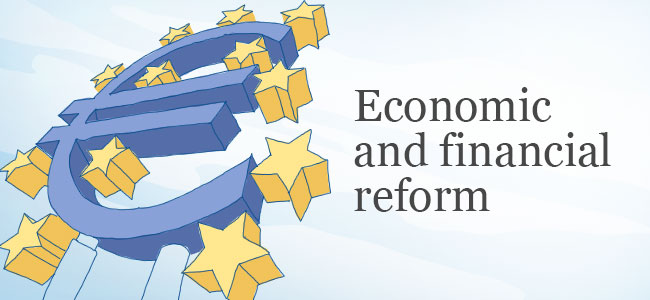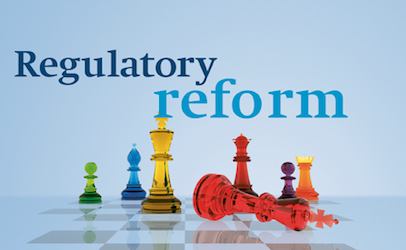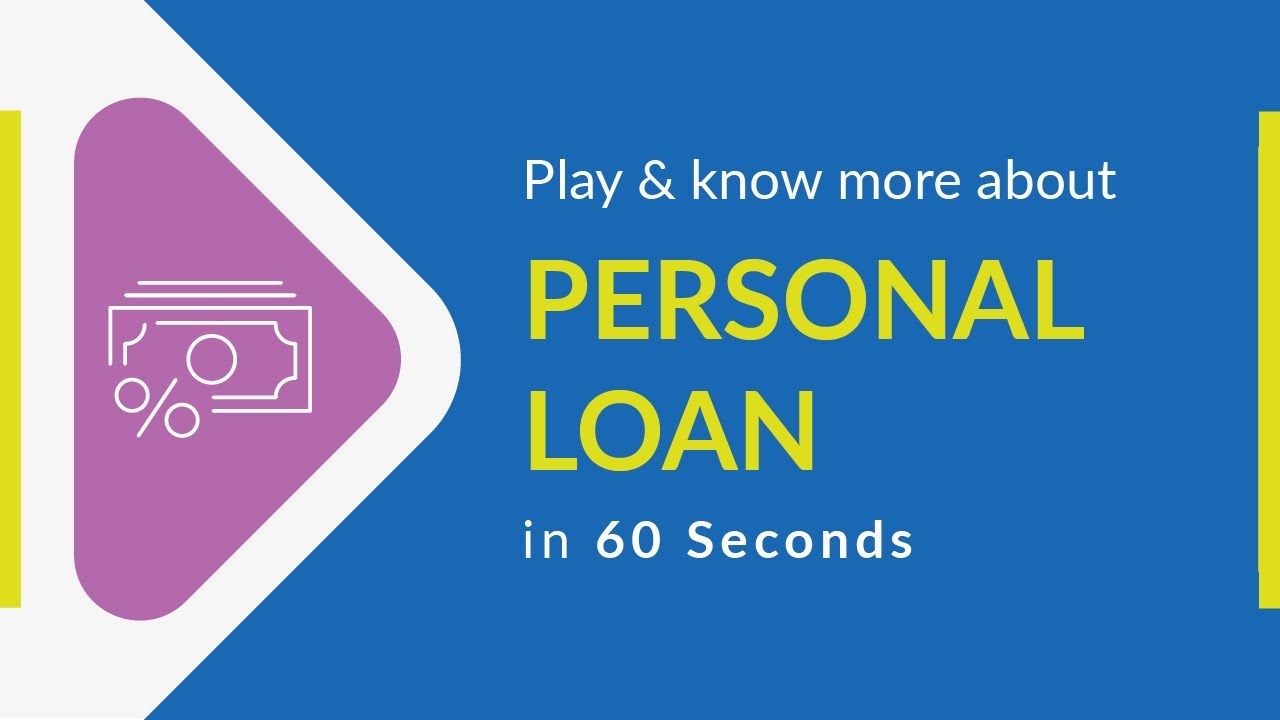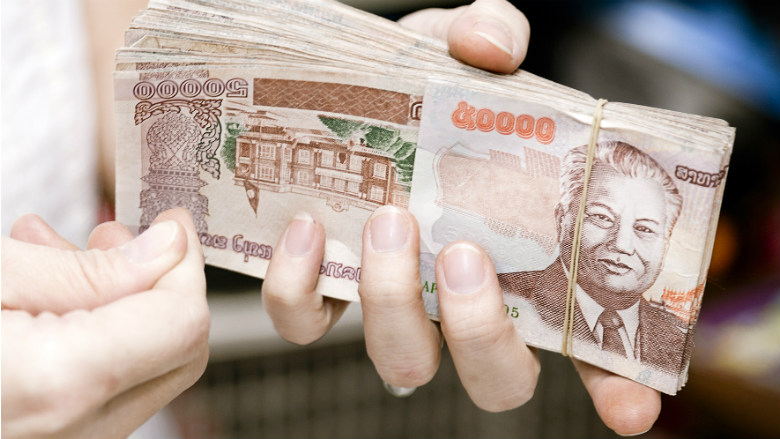
Laos Set to Become World’s Fastest Growing Economy
Until recently, Laos, a country with immense potential and an impressive pre-pandemic economic performance, had been advancing at a remarkable clip. The country now faces serious headwinds as fuel shortages and a debt crisis cast a shadow on the country’s prospects. With aggressive and immediate reforms, The Lao People’s Democratic Republic (or more commonly, Lao PDR), the country’s official name, can stave off crisis and emerge as the world’s fastest-growing economy for the decade ahead. The following reform package would achieve such a result:
Tax Reform:
Set the personal income tax rate at 0% / Set the corporate income tax rate at 0%
By eliminating the tax on all earned income (and effectively turning the rates negative due to income support policies), Laos will become the premiere place in Asia to invest. Businesses that were reluctant to enter the formal economy will also have a much greater incentive to do so.
The competitive pressures by new business entrants into the domestic market will result in downward pressure on prices.
Implement a Land Value Tax to collect the unimproved land rental value
A tax on the unimproved value of land is the only significant source of tax revenue that does not decrease economic activity. Placing the burden of taxation on land values is key to Laos getting its fiscal house in order while improving economic growth. It has the additional positive externality of lowering housing costs by reducing land speculation and ensuring housing units come onto the market.
Raise the VAT rate to 24% with exemptions for food, medicine, and housing
A progressive consumption tax whose revenues are partly distributed as cash payments can further increase domestic consumption, promote domestic investment, and rapidly raise government revenues simultaneously.
Incentivize long-term capital gains
Investment can be maximized without the risks of hot money and short-term capital flight by taxing capital gains (and potentially dividends) from 0–24% depending on the time the investment is held on a scale of 0–8 years. For example, if one were to buy & sell a security on the same day, the profits would be taxed at 24%. If it were sold after 4 years, 12%. If 7 years, then 3%, 8 years 0%, etc.
Welfare Reform:
Cash Payments
Welfare payments would be most effective if transformed into a cash payment system based on the revenues raised. A quarter of the VAT revenue should be dedicated toward a universal dividend, and another quarter towards a wage subsidy, and these values would increase as the VAT revenues grow over time. Revenues from capital gains should move to individual investment accounts from which citizens can draw from. This would be a more effective and less costly welfare system for the Lao PDR.
Education Vouchers
Education funding can be more effective and affordable to the state if replaced with a voucher system, where parents choose their children’s schools and the schools receive their funds based on the number of children enrolled.
Financial Reform:
Universal bank accounts and investment accounts
Universal bank accounts and investment accounts would be a necessary precursor to some of these reforms, especially for receiving cash payments.
Sectoral Banks
Creating Sectoral Banks as outlined in our platform would be essential to rapid industrialization and technological advancement in Laos, as industry groups could directly allocate a quarter of the VAT revenue and operate their respective technical education programs in accordance with Laos’ goals.
Further Banking Reform
Banking regulations could be dramatically eased and focused on eliminating risks of foreign-currency-denominated debt and hot money inflows if regulations were replaced with higher reserve requirements. This would have the effect of increasing competitive pressure in the banking sector to the benefit of borrowers.
Monetary Reform
The central bank ownership structure would be best changed to a corporate network, shared equally between the Sectoral Banks, Lao citizens, and the Lao state. Furthermore, a shift to a rules-based monetary policy targeting the money supply growth, price level, and inflation would be far superior to exchange-rate targeting.
Regulatory Reform:
Gradual Privatisation
State-owned industries will need to be gradually privatized. This should be done in conjunction with the individual investment accounts and tax & welfare reforms that would allow Lao citizens to own a stake in the country’s growth.
One Minute Business Registration
Rapid and fully digital business registration would further Laos’ position as a destination for investment and bring more small domestic businesses into the formal economy.
Replace Regulation with Incentives
Byzantine regulations need to be abolished, and some regulations (e.g. protecting the environment from emissions) can be partially replaced with taxes (e.g. pollution taxes) rather than with bureaucracy & permits
Judicial Reform:
Protection of Property
Laos needs to inspire confidence with judicial reform, enshrined in a business bill of rights that guarantees the right to start a private enterprise and the protection of private property.
Read more Articles.
Reference/Article Source: https://medium.com/@phila_31297/laos-set-to-become-worlds-fastest-growing-economy-if-cdfce83d01d3


